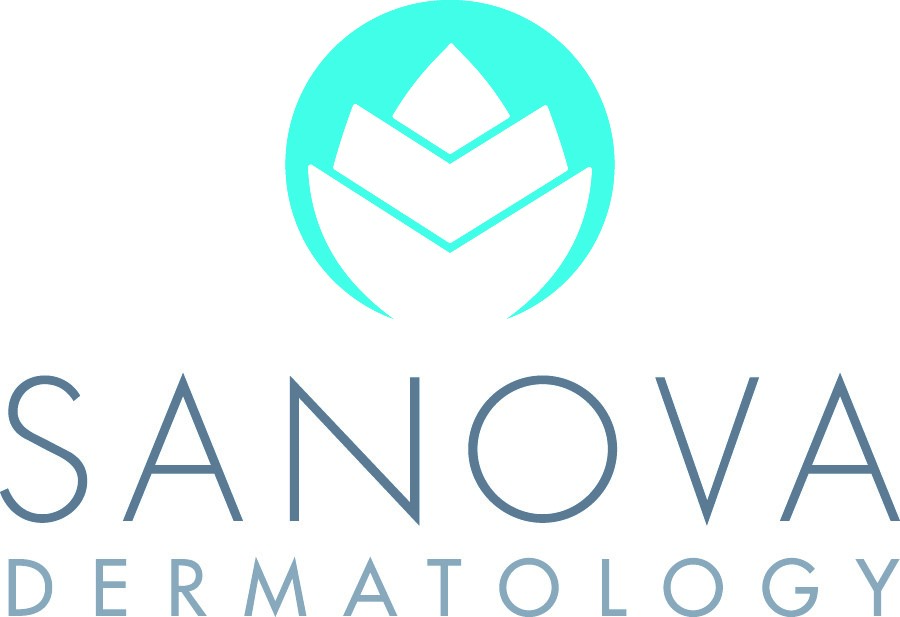Dermatologists are certified professionals that can help rectify and diagnose skin ailments. In fact, dermatologists are trained experts in conditions and diseases that affect the hair, skin and nails. Dermatologists go through a stringent process, with a slew of educational and professional backgrounds required before being able to practice as a clinical professional. Dermatologists can help with dry skin, acne lesions, pigmentation problems, signs of aging, and trauma to the skin. They are highly skilled in the diagnosis and treatment of skin cancer. They can administer professional treatments, prescribe medication, as well as give you feedback as to the health of your skin.
How Can A Dermatologist Help You With Your Skin?
 Customized Skin Care Plan: A dermatologist will be able to create a skin care regimen tailor-made for your specific skin type. “‘What are you skin care goals?’ It’s one of the first questions I ask all my patients,” says Dr. Miriam Hanson, board certified dermatologist in Ausitn, Texas. Oily skin is caused by over-productive sebum. Special cleansers may need to be used to control oil production. Dermatologists will also be able to recommend moisturizers and lotions for those suffering from dry skin. Many dermatologists are well-versed when it comes to medication that you can easily find over-the-counter at your local drugstore. Specialized treatments can also be administered by your dermatologist.
Customized Skin Care Plan: A dermatologist will be able to create a skin care regimen tailor-made for your specific skin type. “‘What are you skin care goals?’ It’s one of the first questions I ask all my patients,” says Dr. Miriam Hanson, board certified dermatologist in Ausitn, Texas. Oily skin is caused by over-productive sebum. Special cleansers may need to be used to control oil production. Dermatologists will also be able to recommend moisturizers and lotions for those suffering from dry skin. Many dermatologists are well-versed when it comes to medication that you can easily find over-the-counter at your local drugstore. Specialized treatments can also be administered by your dermatologist.
Feedback: A dermatologists will be able to give professional opinions when it comes to the health of your skin. “Patient are very knowledgeable these days,” explains Dr. Adam Mamelak, dermatologist and Mohs surgeon at Sanova Dermatology. “Patients often come after already having researched their symptoms, looking for confirmation or additional information about their condition.” Not only are dermatologists able to pinpoint any problems when it comes to facial skin, but it can also be able to assess any abnormal marks on the body. A dermatologist is your first line of defense when it comes to identifying marks that may potentially be signs of melanoma.

Guide You Through The Aging Process: As you age, your skin will change. “Many of these changes are normal, “Whether it’s preventative strategies, skin health maintenance, and direct therapies,” notes Dr. Hanson, “I provide each and every one of my patients with full spectrum care to keep their skin health and looking great.” although some can be more worrisome,” claims Dr. Mamelak. Many people are not aware how their skin changes, causing them to become alarmed as the texture of the skin changes over time. As you forge a professional relationship with your dermatologist, they will be able to help you understand these changes. They can also recommend professional treatments that can help alleviate the initial stages of aging.
CONTACT US!
Do you have a specific dermatological condition or skin concern? Are you looking for overall skin care advice? If you want to learn more on how a dermatologist can help you, contact us at Sanova Dermatology today.
Join Us

